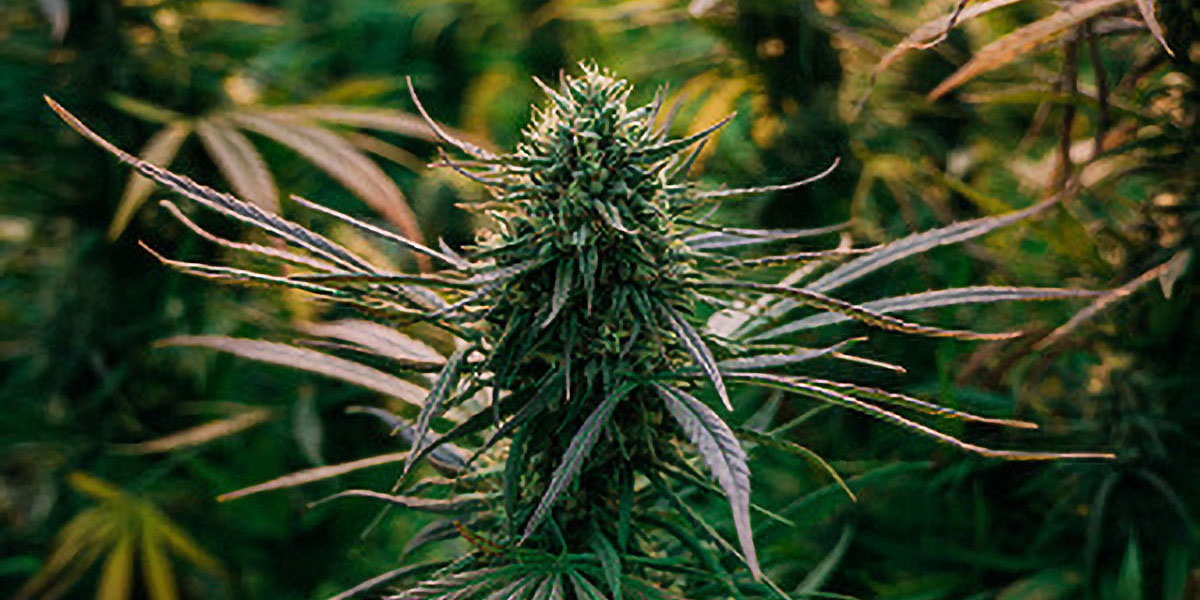A recent decision of the U.S. Court of Appeals for the Third Circuit serves as a stark reminder to companies and individuals in the state-legal cannabis industry that the federal illegality of cannabis can jeopardize their ability to enforce contracts in federal court.





